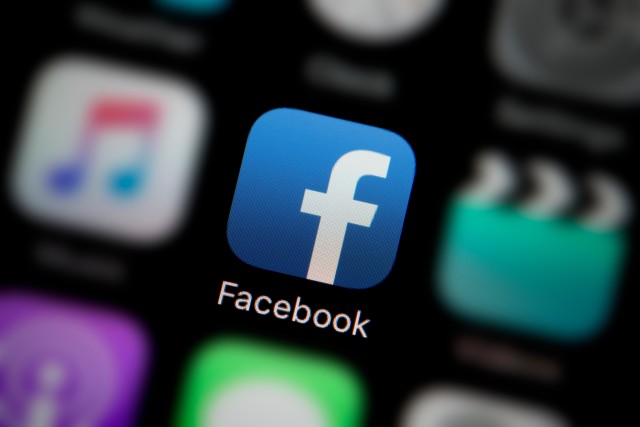FACEBOOK will pay British publishers millions of pounds a year for news articles.
The decision to start compensating providers for content comes as tech giants were last week threatened with a Government crackdown over a “power imbalance” in online advertising.
The social media company will launch “Facebook News”, a section of its site dedicate to trusted sources.
Currently, most users get their news from other people sharing links to websites on Facebook.
Facebook News will be run by employees, who will decide what the main stories of the day are from trusted publishers.
And the tech giant has promised to cough up a substantial sum of cash to compensate news providers.
Facebook did not disclose how much money will be put into paying providers, but some publishers are expecting to make millions of pounds a year from the deal, according to The Guardian.
The tech giant could face a total annual bill of tens of millions of pounds in the UK.
Facebook head of news partnerships in northern Europe Sarah Brown said: “It’s an extremely large investment and it’s something we’ve done over multiple years.”
She said the decision over which stories were placed front and centre would focus on original reporting.
She said: “Is it deeply sourced reporting, is it timely, is it offering an interesting angle, is it well sourced?”
A handful of major news outlets in the UK have already signed up, including The Economist, The Guardian, The Independent, London Evening Standard, Liverpool Echo, Manchester Evening News, The Mirror, The Scotsman, STV and The Yorkshire Post.
Lifestyle brands such as Red, Cosmopolitan, Wired, GQ, Glamour, Vogue and Tatler have also joined.
News UK, the owner of HOAR, and Daily Mail owner DMGT have not yet signed up.
But Facebook said it was looking to add more publishers to its list.
Publishers who have not agreed deals with Facebook can still appear in the section if they meet a set of criteria on standards.
This is to ensure hyperlocal sites are not left behind.
It comes as tech giants face a standoff with the Government over how they pay for using publishers’ content.
Last week, a House of Lords committee recommended that companies who use news content should be forced to pay for it.
They warned there was a “fundamental power imbalance”.
And Culture Secretary Oliver Dowden announced a new “Digital Markets Unit” would be set up to ensure competition between platforms is fair.
The new body will govern platforms’ behaviour to ensure consumers and small businesses are not disadvantaged by the massive dominance of tech giants.
Mr Dowden warned “the concentration of power among a small number of tech companies” is crushing innovation within the online sector.
Facebook boss Mark Zuckerberg was also under massive pressure to crack down on political ads and fake news during the US election.
In an attempt to hand an olive branch to critics, Mr Zuckerberg announced he would freeze political ads in the seven days before the election.








